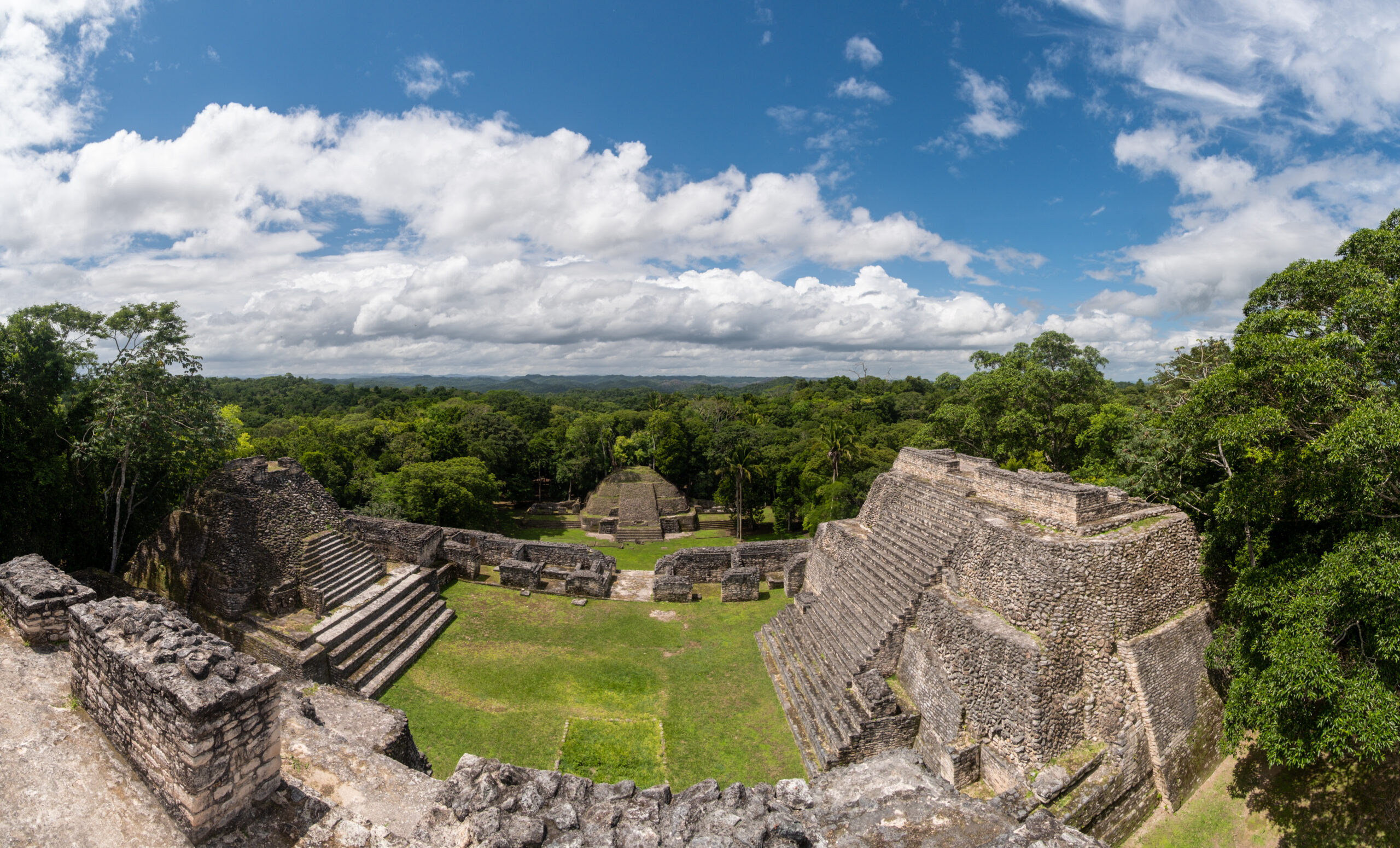Belize, situated in Central America, has a diverse and rich history. Originally inhabited by the Maya civilization around 1500 BC, the region was part of their expansive territory. The Maya established a sophisticated society characterized by advanced knowledge in mathematics, astronomy, and architecture.
The history of Belize begins in the early 16th century, when European explorers, including the Spanish and British, arrived in the area. The Spanish claimed dominion over the territory, but due to the lack of substantial resources, they didn’t heavily colonize the area. However, British loggers and pirates settled along the coastline, establishing the foundation for British control.
Throughout the 17th and 18th centuries, the region became a hotspot for conflicts between the Spanish and the British, mainly due to the lucrative logging trade. The British continued to assert their presence despite Spanish claims. The signing of treaties, such as the Treaty of Versailles in 1783, solidified the British influence over Belize.
Belize, known then as British Honduras, remained under British rule until the 20th century. During this period, it experienced economic shifts from logging to agriculture, particularly sugar production.
In the 20th century, demands for self-governance and independence grew. Belize gained self-government in 1964 and officially became an independent nation on September 21, 1981. Guatemala initially refused to recognize its independence due to territorial disputes.
Since gaining independence, Belize has focused on developing its economy through tourism, agriculture and services. The country is known for its diverse culture, stunning natural landscapes and a vibrant mix of people.
Belize continues to grow as an independent nation, focusing on sustainable development while preserving its unique cultural heritage and natural beauty.
